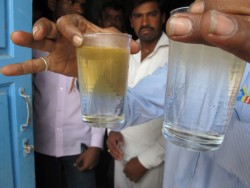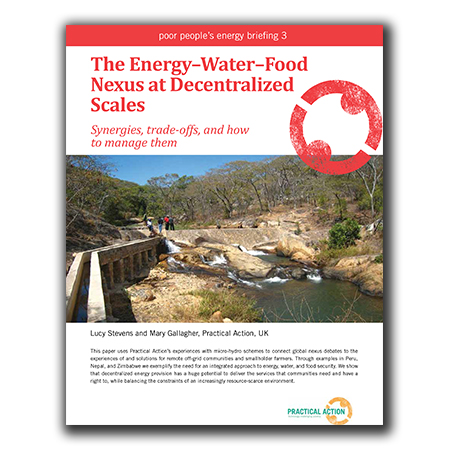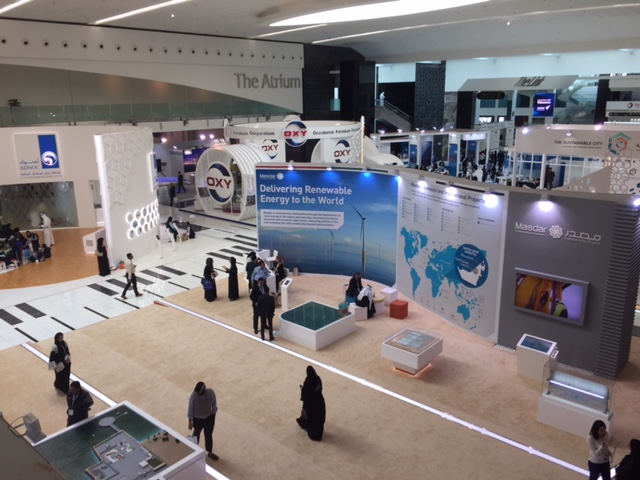Smart Villages was awarded this InnovateUK Energy Catalyst round 9 project in a consortium with our Tanzanian partner, OMASI, and an additional partner from Uganda, ApTech Africa ltd, to build on the success of our original ECR6 Sustainable Integrated Community Energy innovation project.
Project Overview
From 2019-2022 in Northern Tanzania, SVRG and OMASI collaborated on an Energy Catalyst 6 grant to bring innovative integrated-energy-services and productive-use technologies to marginalised Maasai communities.
The project was a great success, with innovative solar-energy and productive-use technology installed at 5 boreholes (displacing diesel-generators), two community-microgrids and business-hubs, two schools and several other community infrastructures, directly impacting more than 12,000 people.
The technology with highest impact and best commercial potential in Tanzania is the solarisation of existing diesel-powered boreholes. We are able to install innovative solar-technology instead of the diesel-system, and power additional high-value productive-uses like flour milling. And we are able to set repayment-plans for the operators or the community borehole-committees that are cheaper than the amount they were paying for diesel monthly.

Ensuring that repayments are made is challenging however, and threatens the viability of our model. The main reason is that it is easy to default, since the systems continue to operate whether or not they make repayments.
In this project, we intend to research and test technology to integrate into our systems that could remotely disable them in the event of repayment defaults. This is more difficult than it sounds. It is easy to block a phone, a solar-home-system, or even a Tanesco metered grid-connection, since those are sealed units. A 50kW solar-power system with inverters mounted in a building is hard to control. Remote-controlled switches in fuse boxes can easily be bypassed.
We will look at alternatives for performing the control function, and how to make them difficult or impossible to bypass, and then test their performance to revise our business and technology model. If successful, this will remove the single greatest barrier to our ability to introduce this very affordable and simple borehole-solarisation approach, which has immediate economic and carbon community-impact, across Tanzania.






![[:en]Smart Villages | New thinking for off-grid communities worldwide[:es]Una nueva manera de pensar para comunidades sin conexión a la red a nivel mundial Smart[:fr]De nouvelles initiatives pour les populations hors réseau du monde entier[:]](https://e4sv.org/wp-content/uploads/2015/07/Smart-Villages-New-Thinking-for-Off-grid-Comunities-Worldwide.jpg)




![[:en]New report claims off-grid smart villages can deliver sustainable path to rural development[:]](https://e4sv.org/wp-content/uploads/2016/05/PR10-New-report-claims-off-grid-Smart-Villages-can-deliver-sustainable-path-to-rural-development-1.jpg)